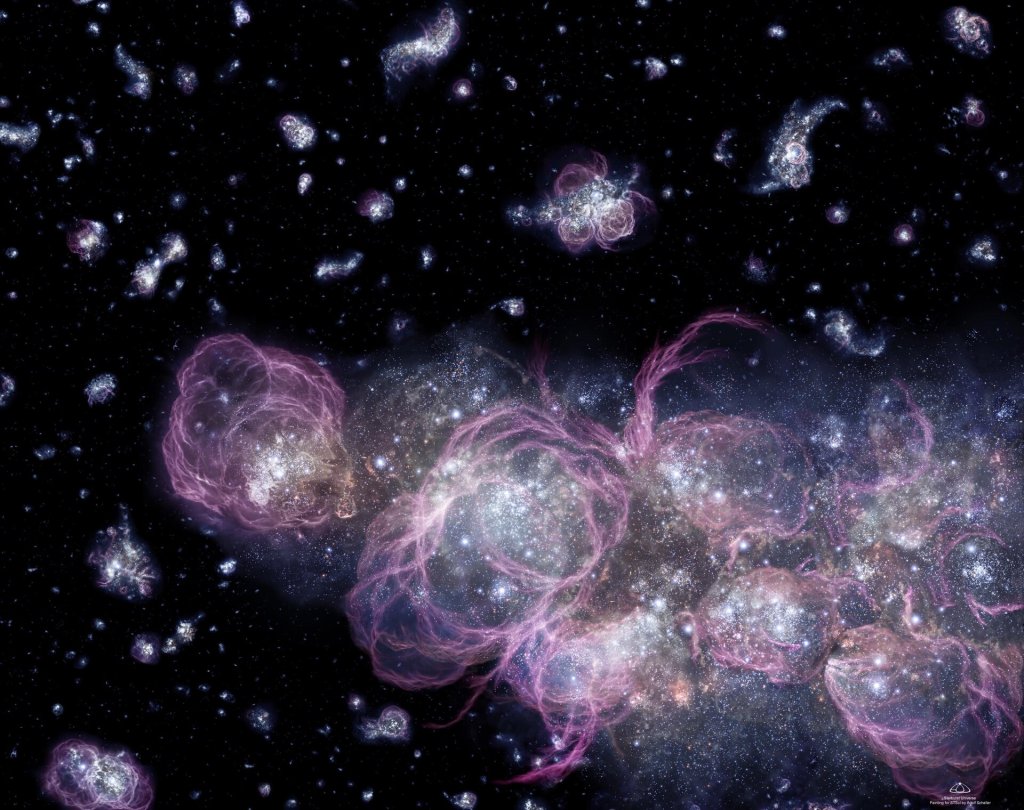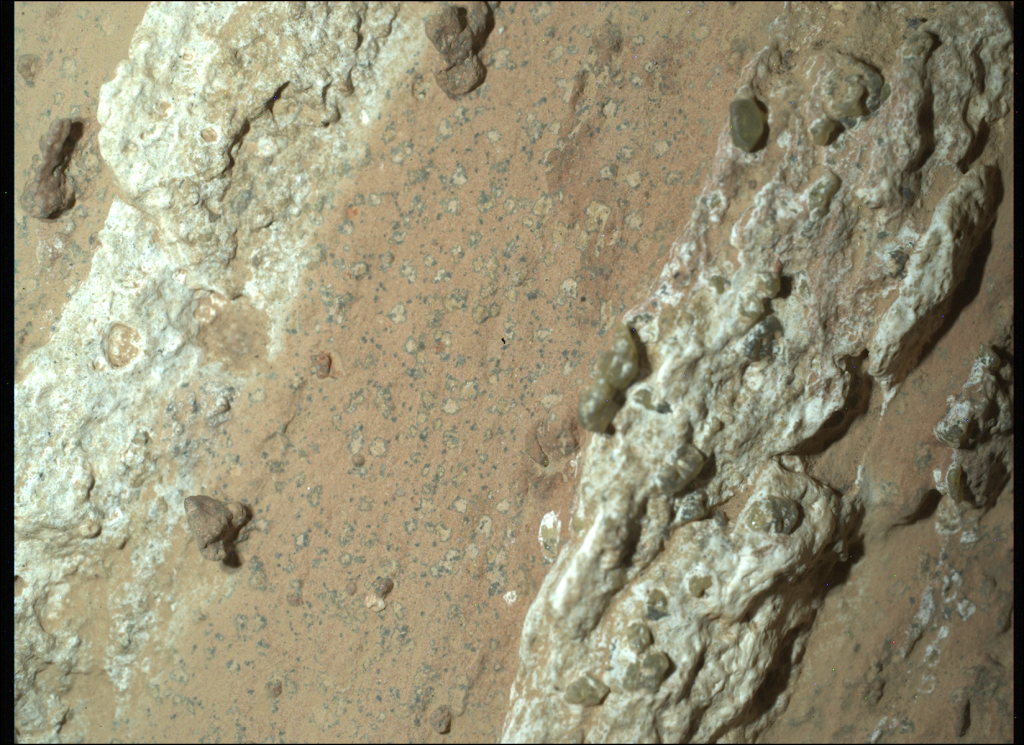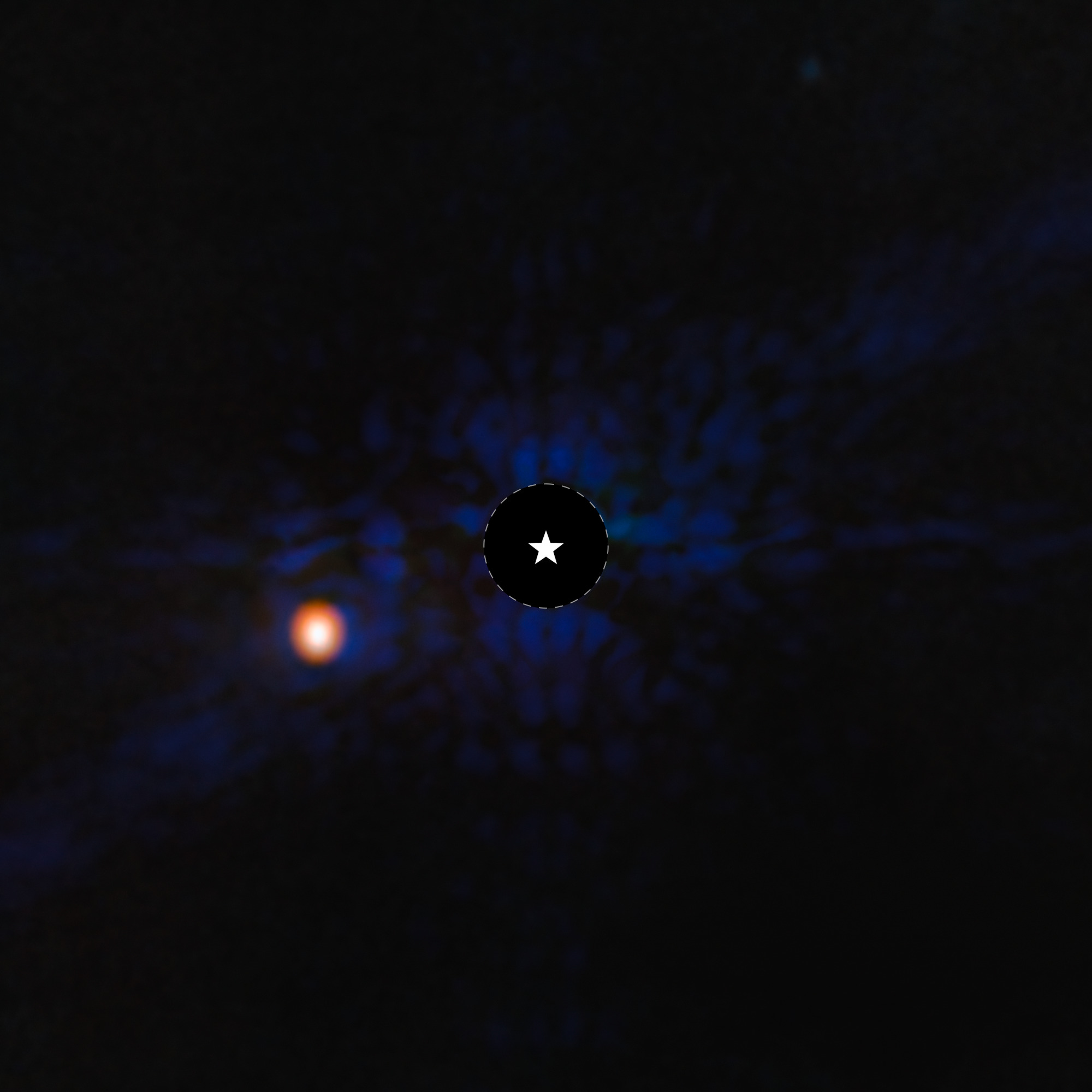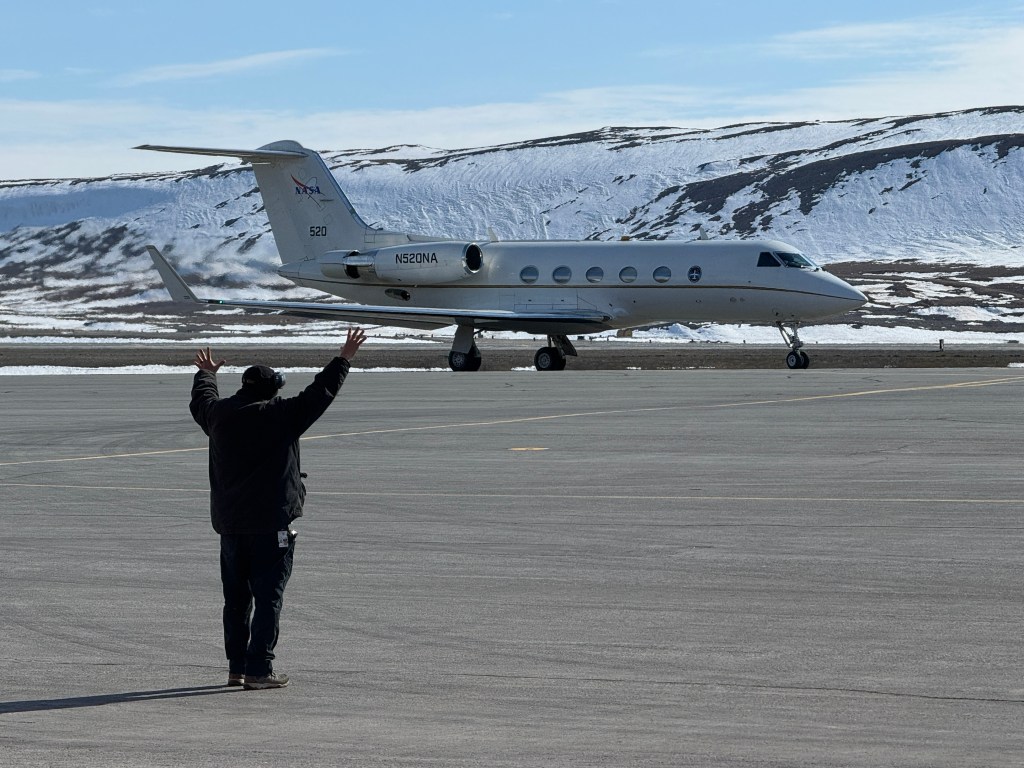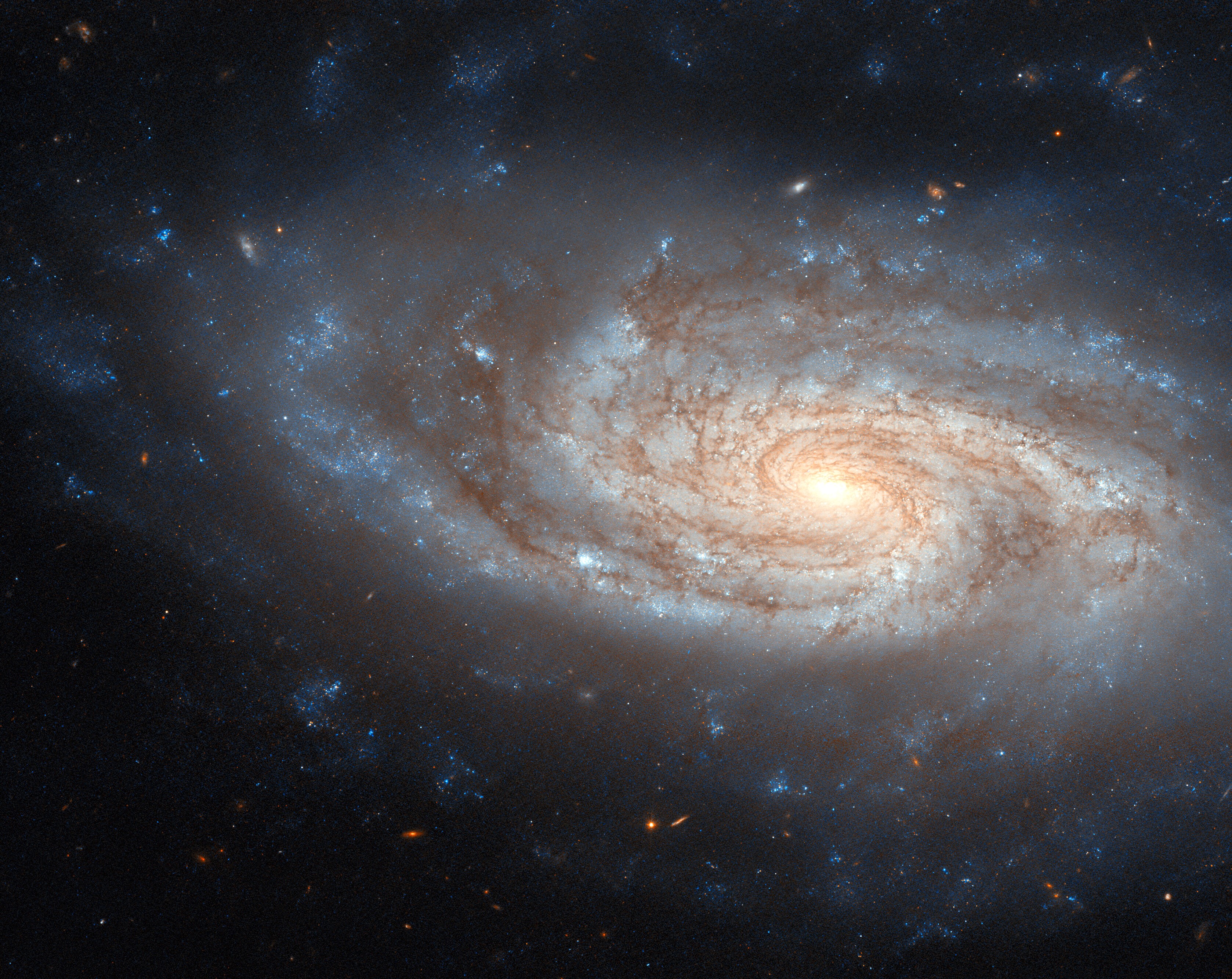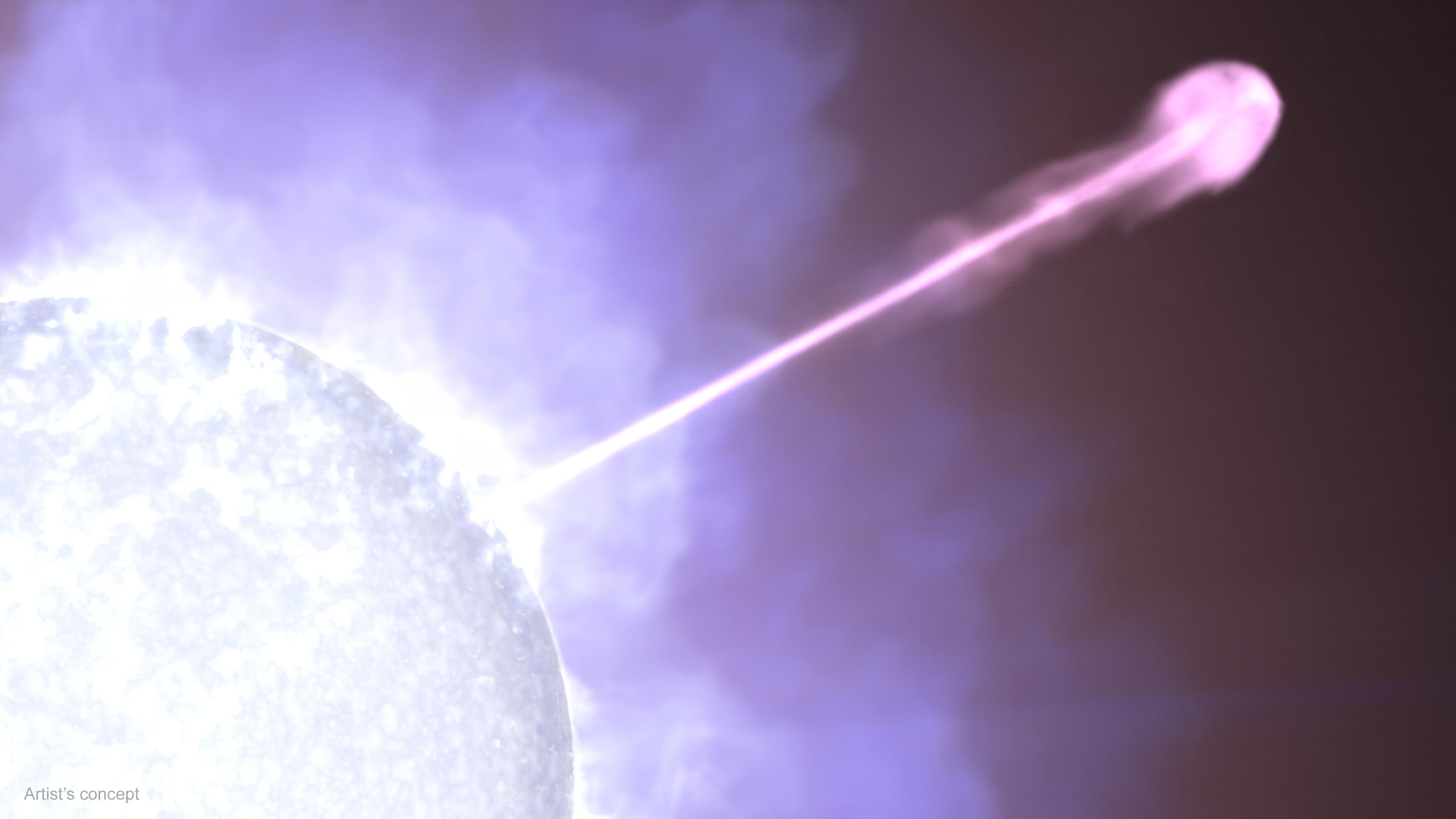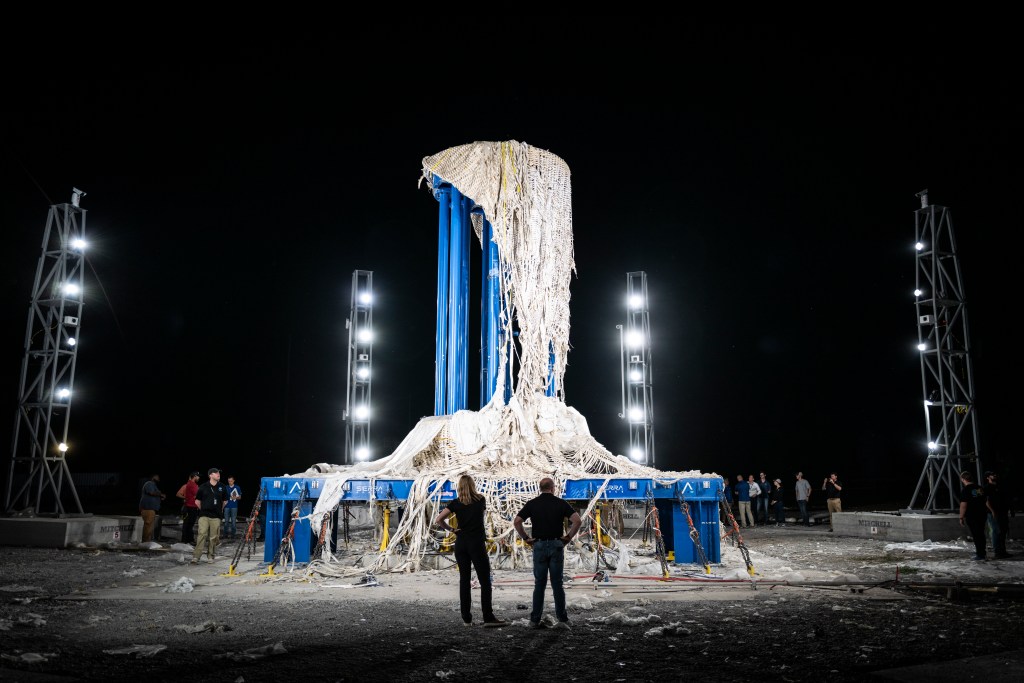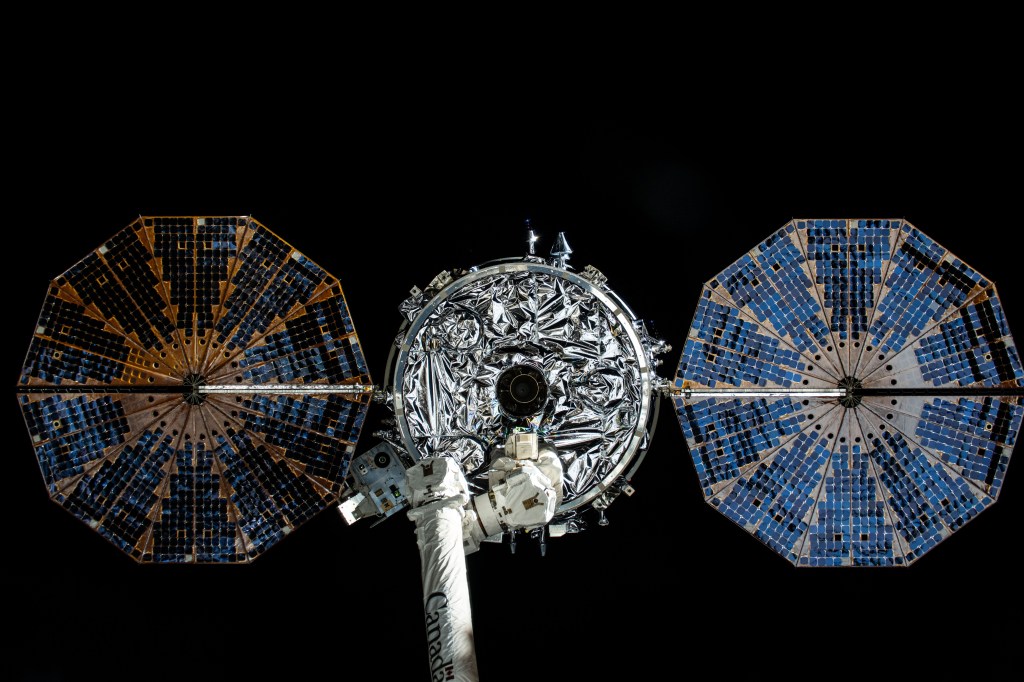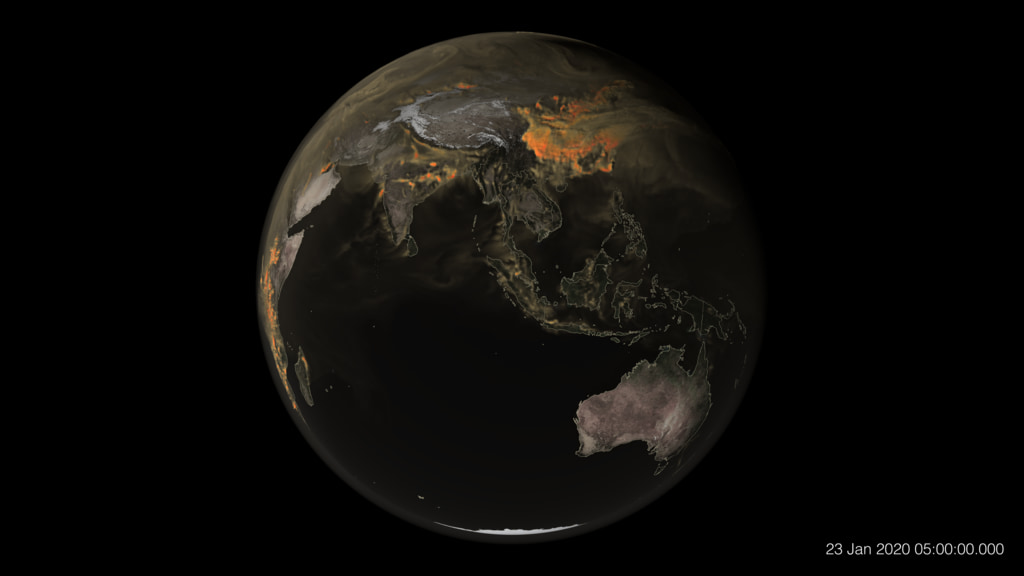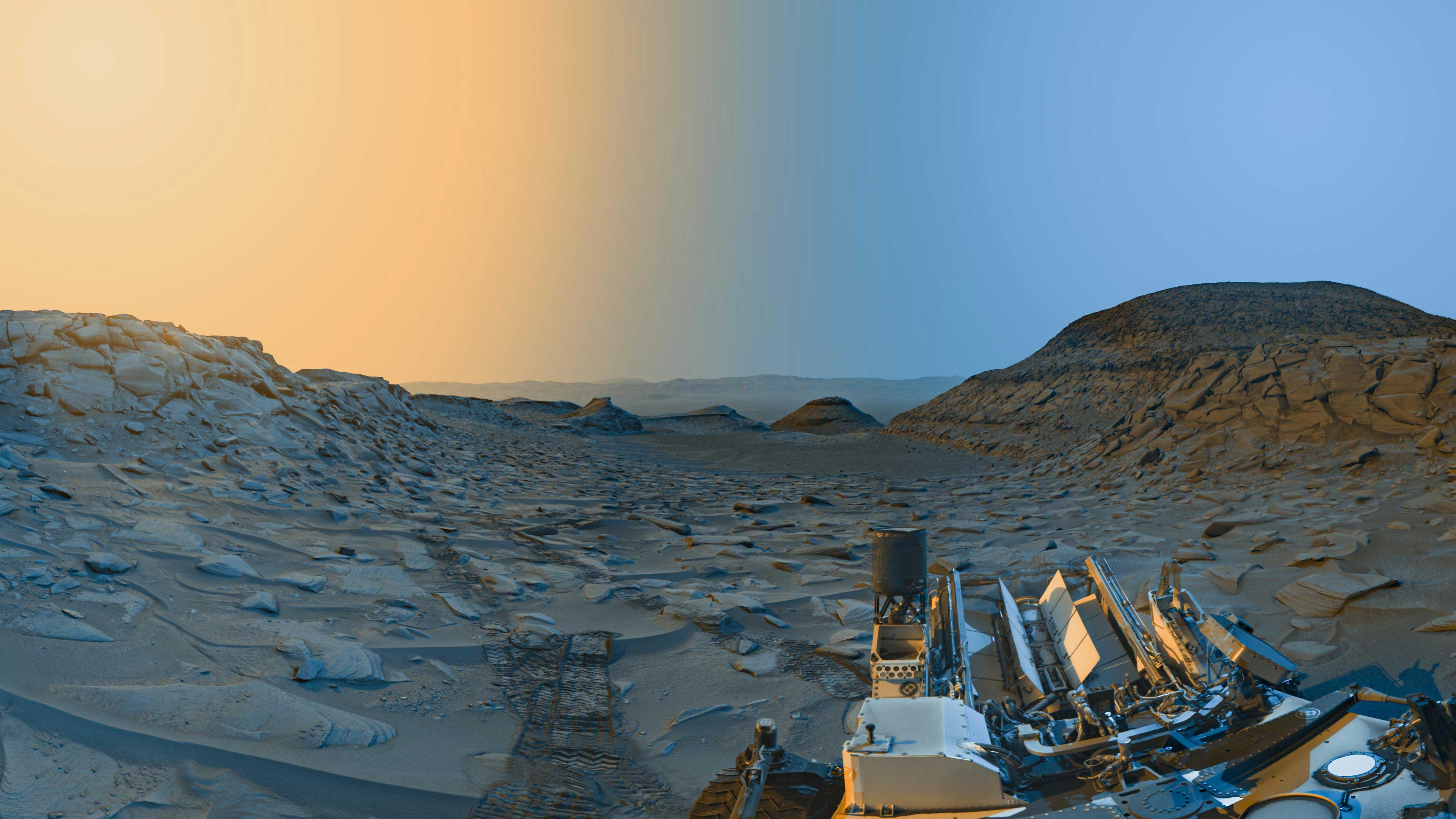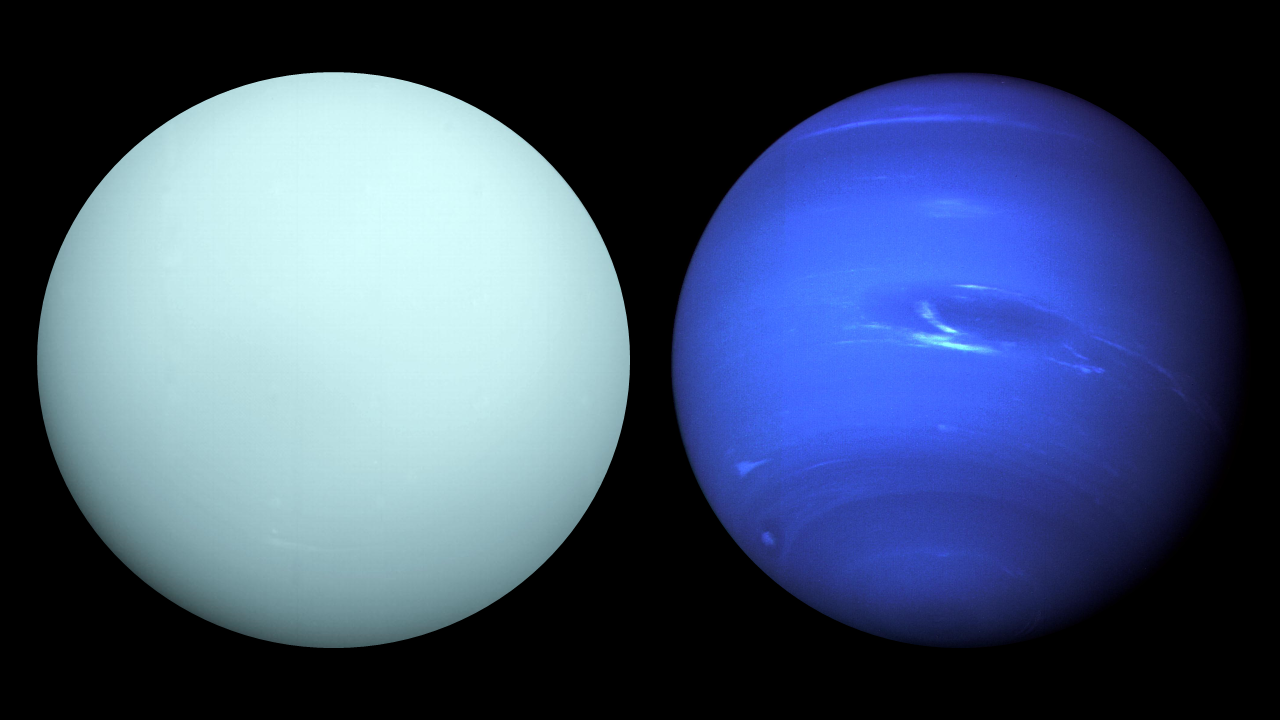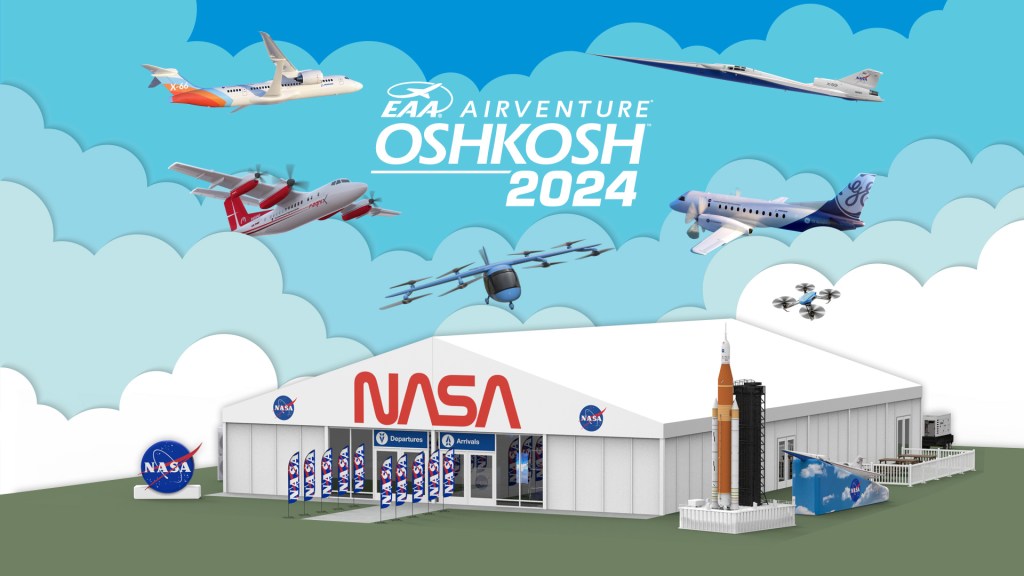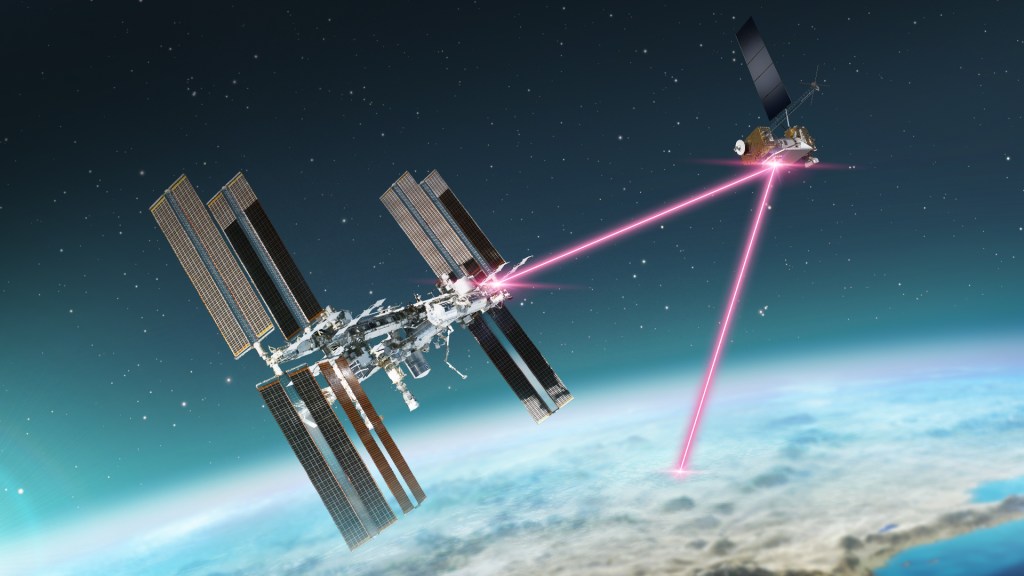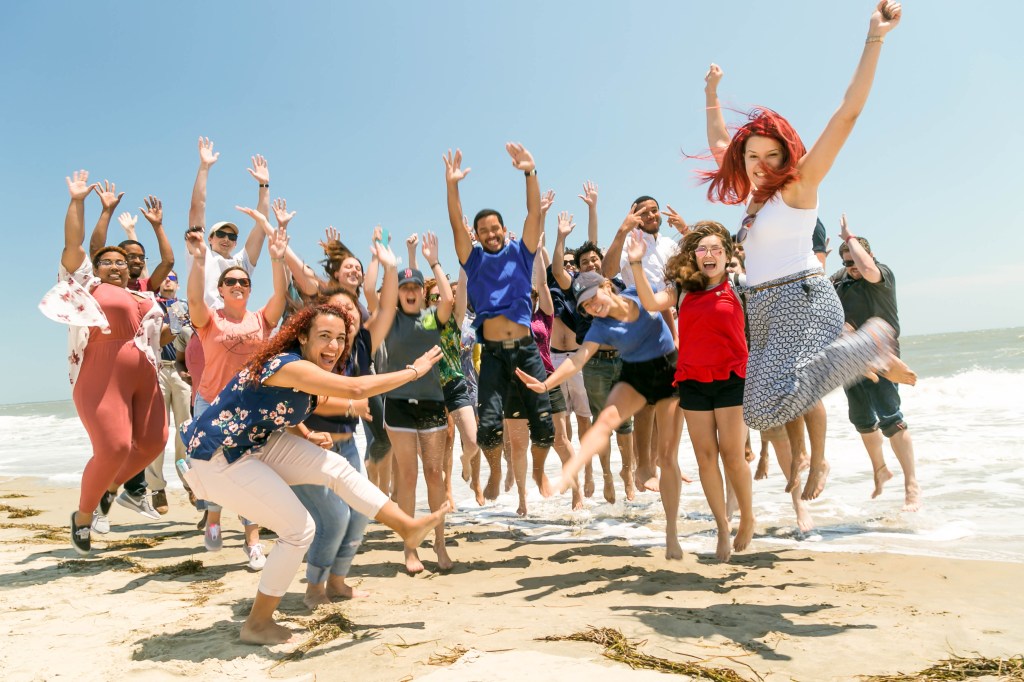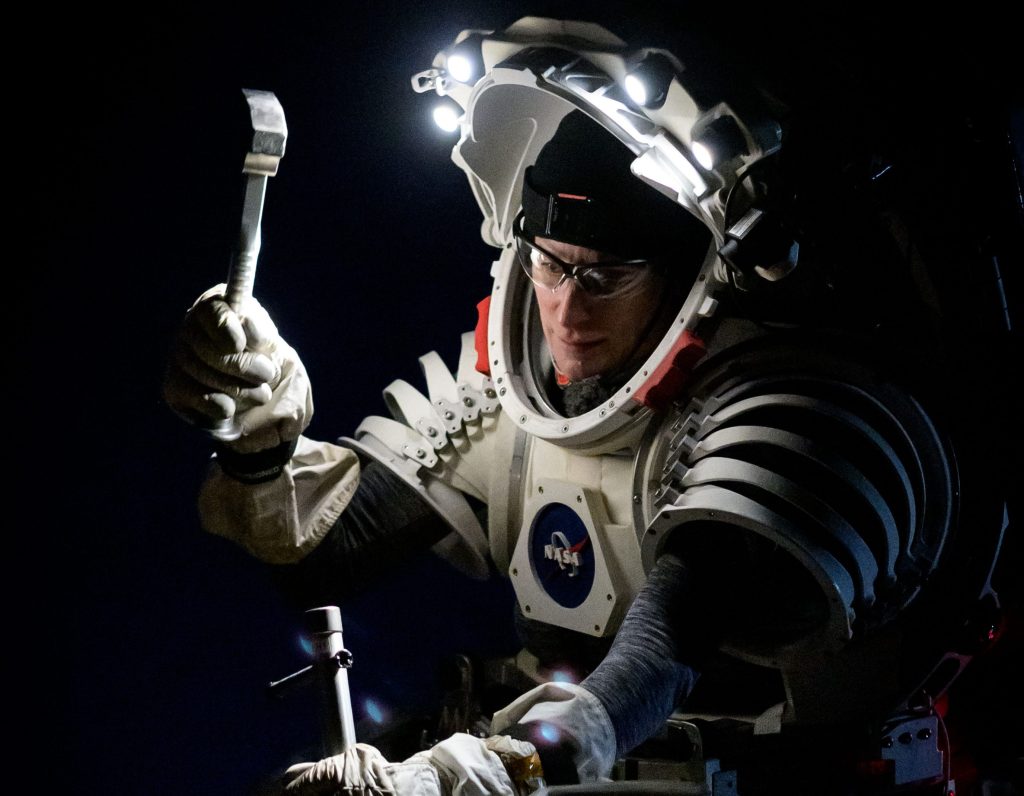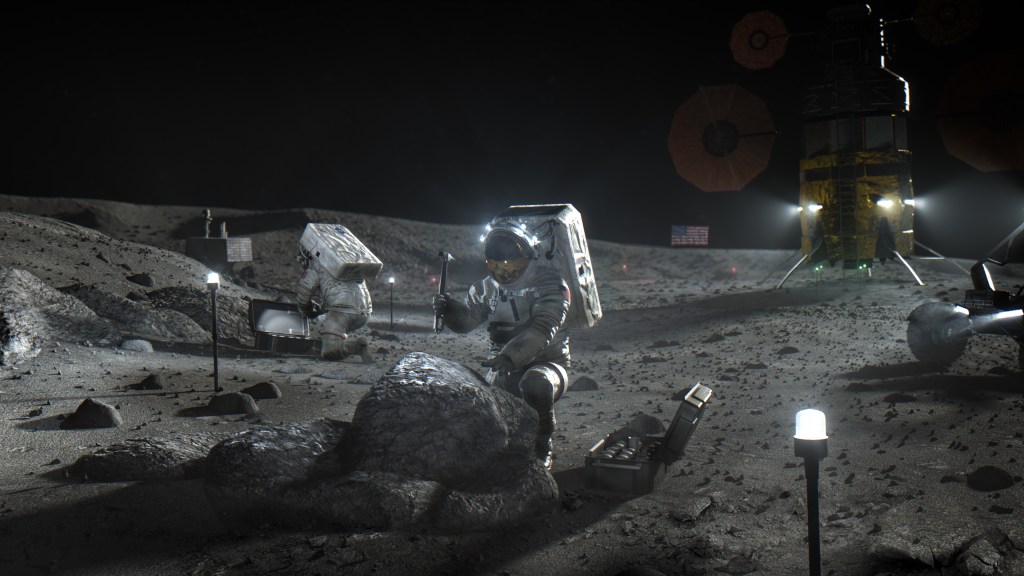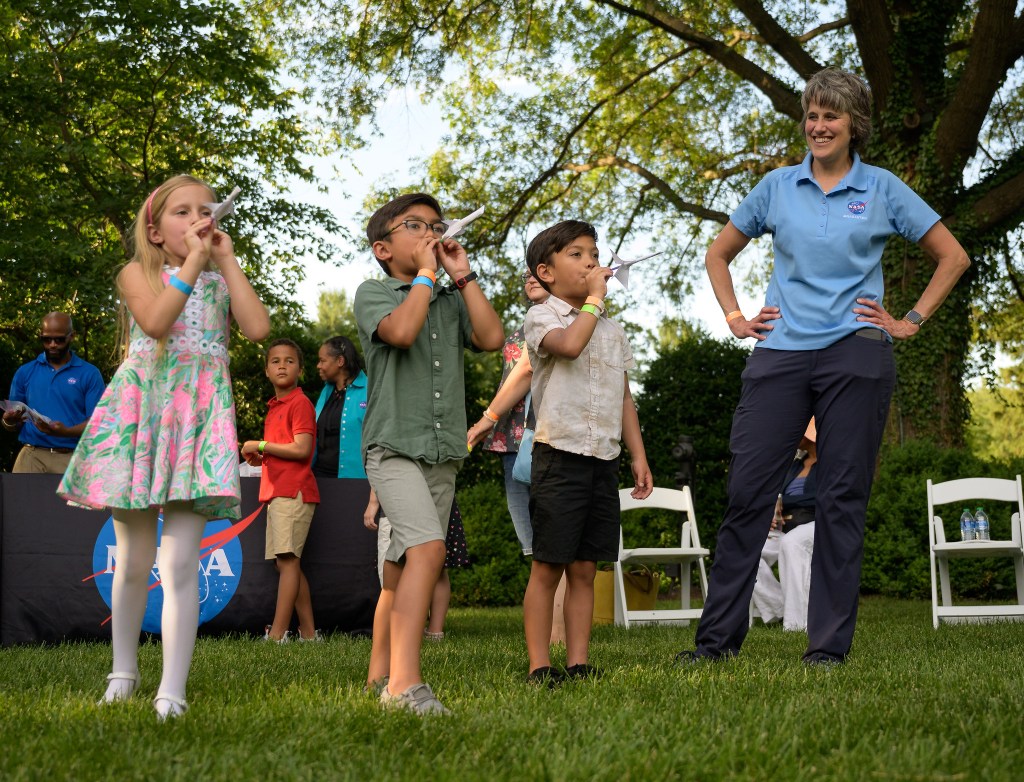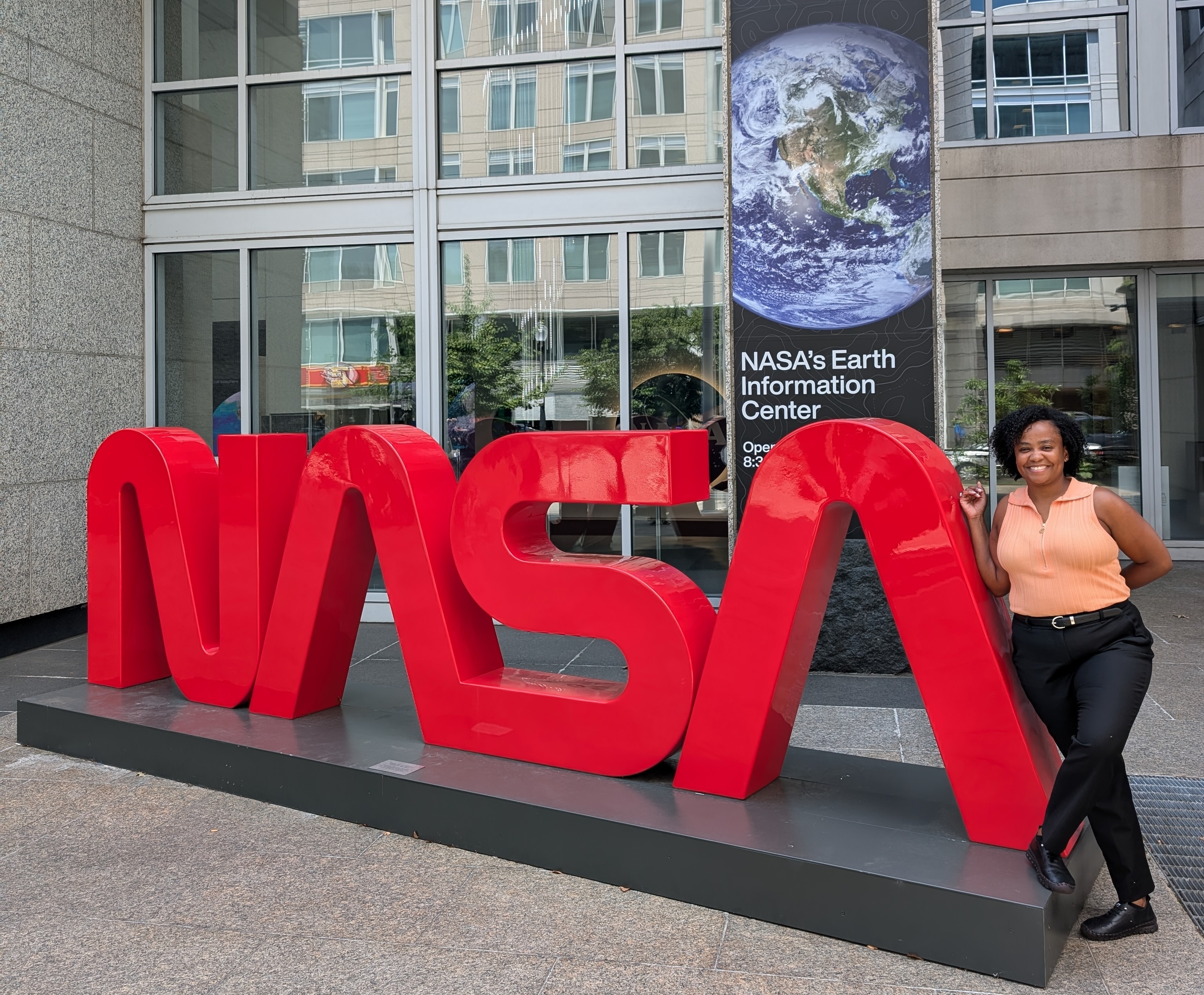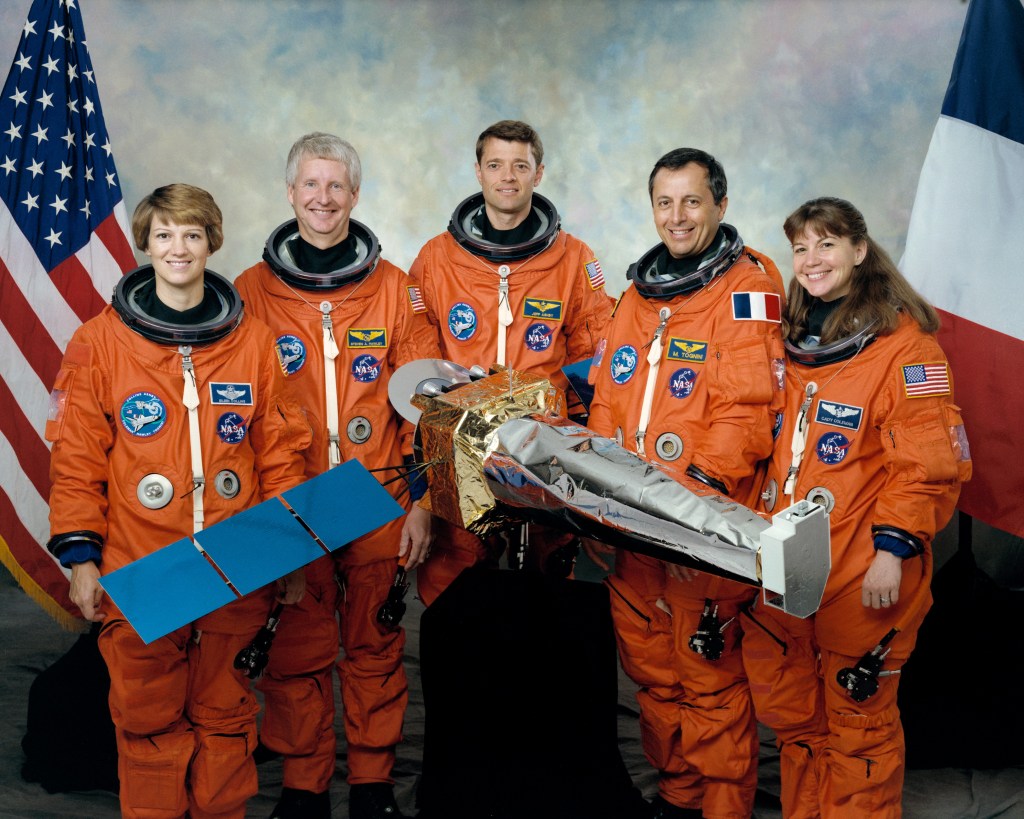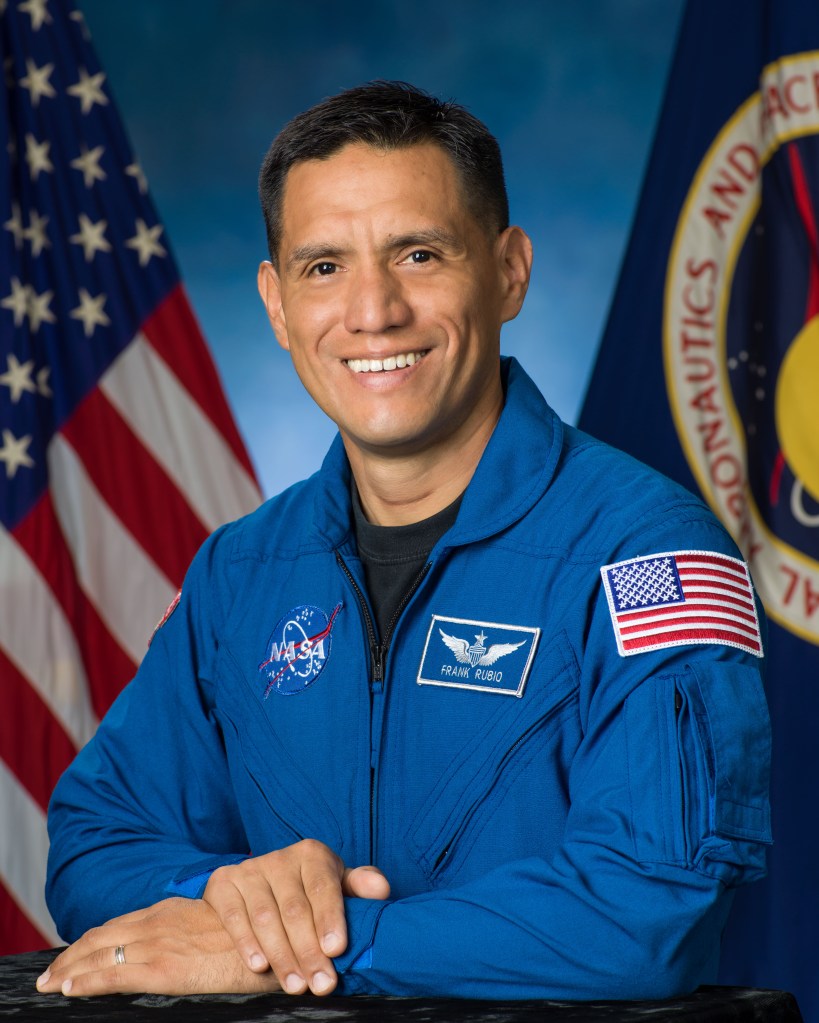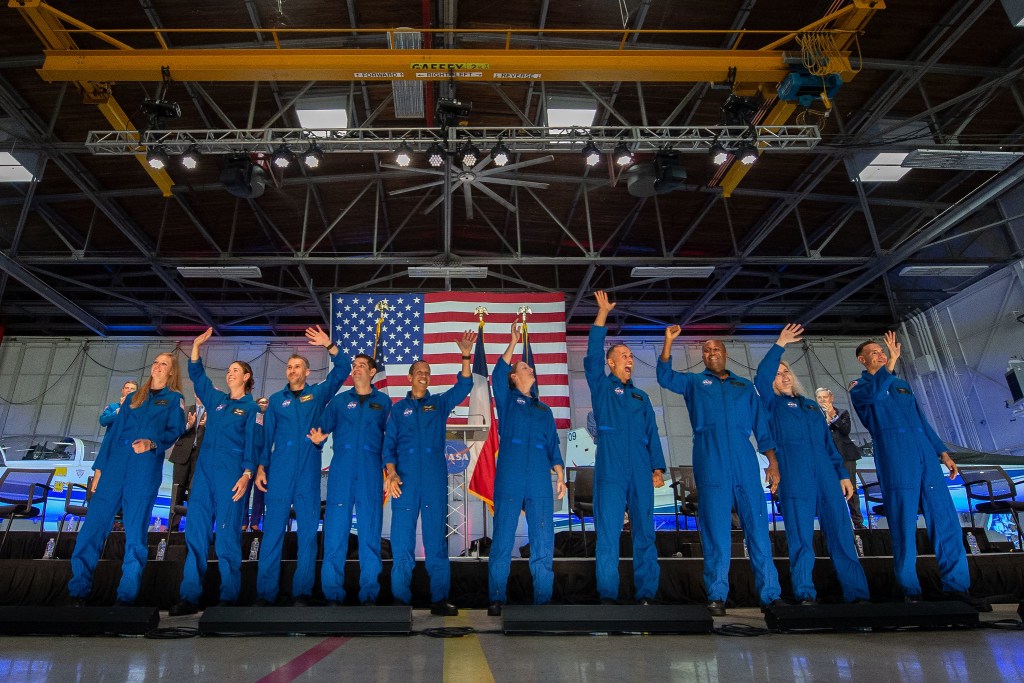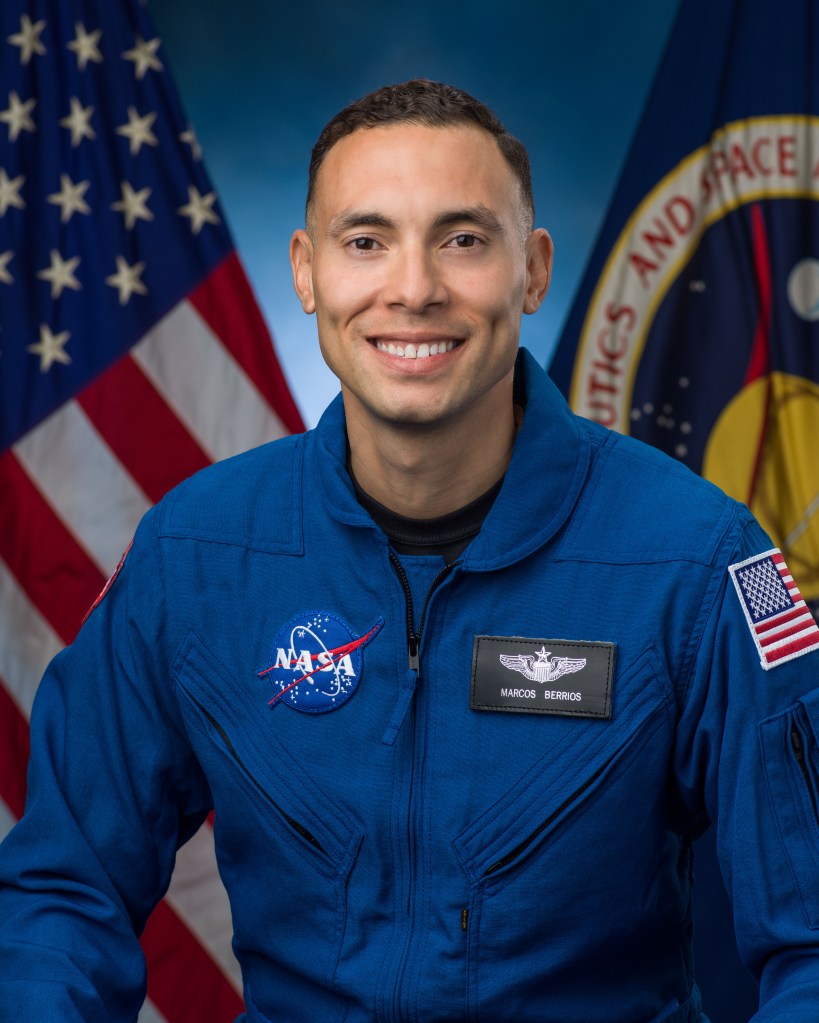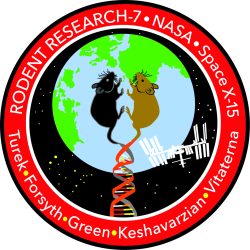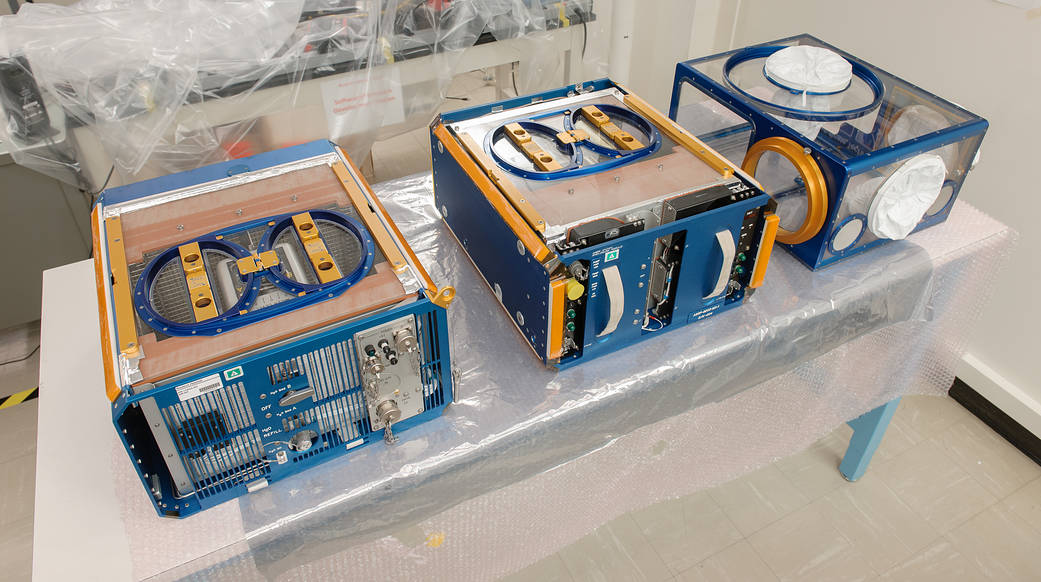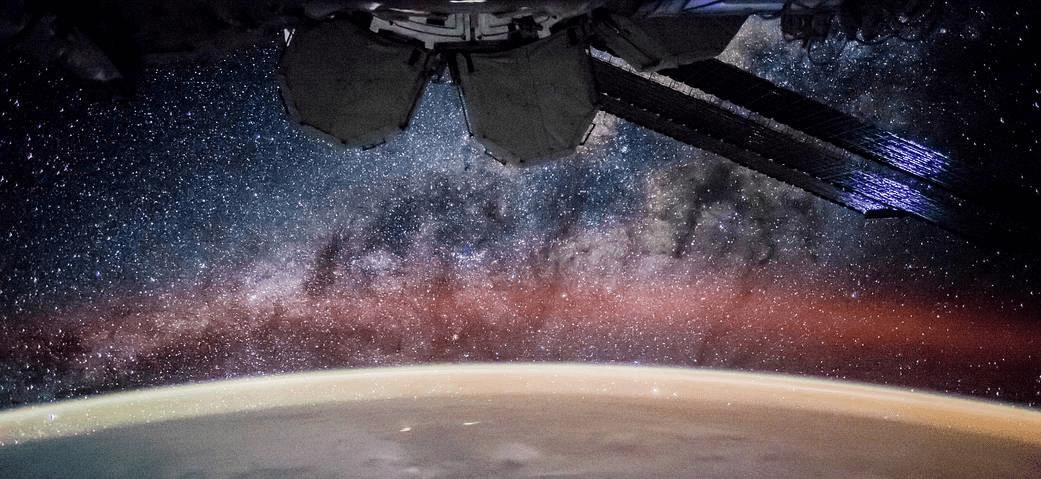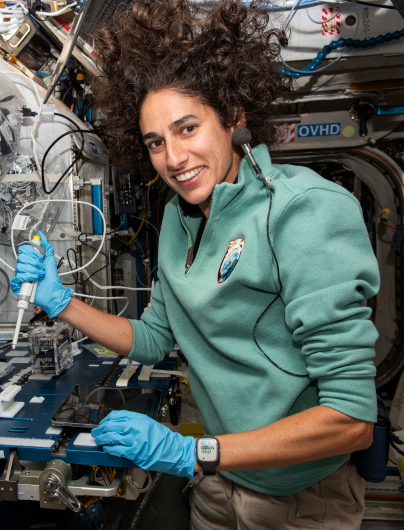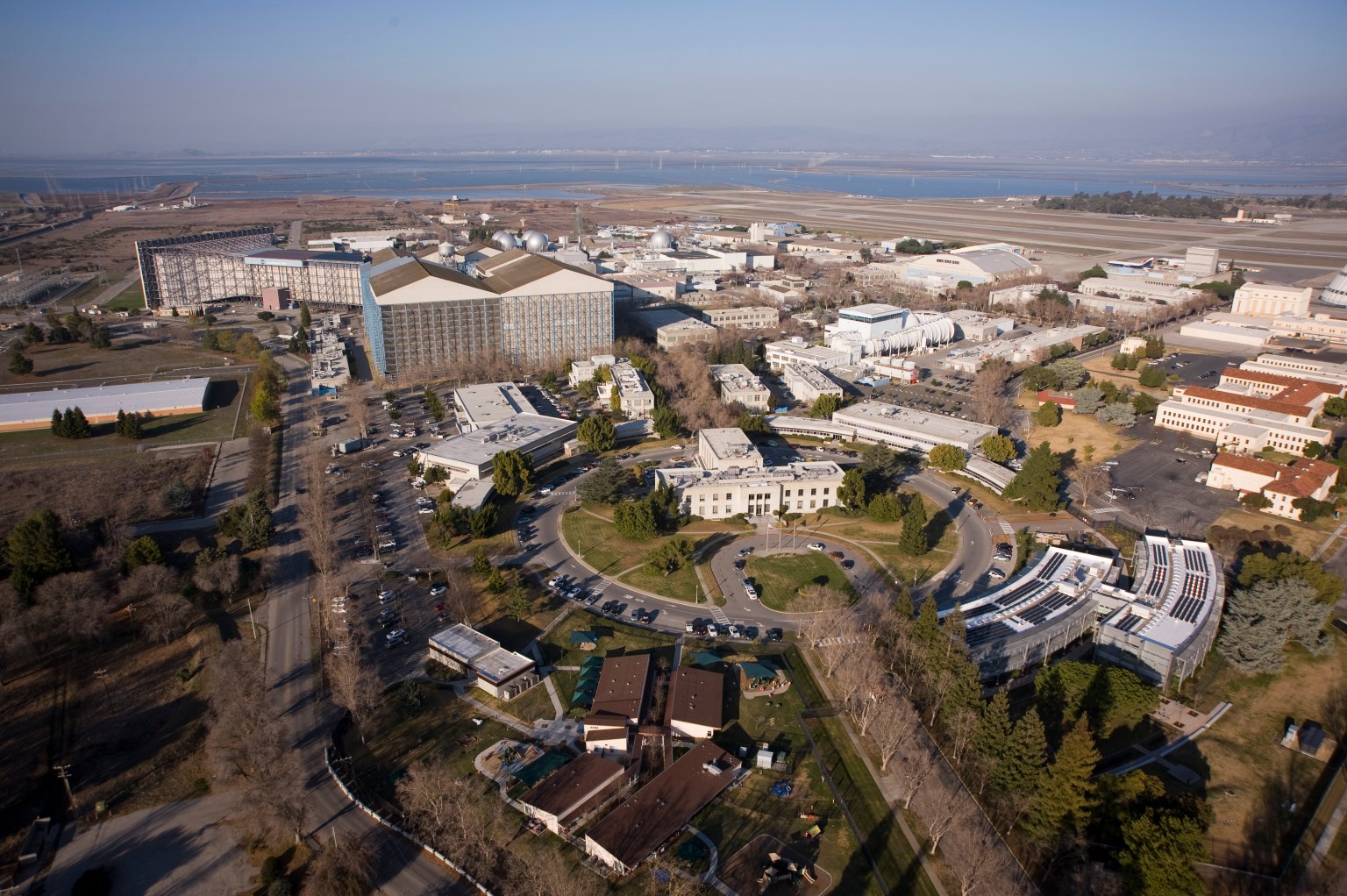Rodent Research-7 (SpaceX-15)
Effects of Spaceflight on Gastrointestinal Microbiota in Mice: Mechanisms and Impact on Multi-System Physiology
The Rodent Research-7 mission (RR-7) is scheduled to fly to the International Space Station aboard SpaceX-15 in June 2018. In this study, researchers will study the impact of the space environment on the gut microbiota of mice. The gut microbiota is the community of microorganisms that lives in the digestive tract of an animal. The microbiota of both mice and humans are important for the health of multiple body parts and functions, including the gastrointestinal system, immune system, metabolism, circadian rhythm, and sleep. When the microbial populations in the microbiota are balanced, the organism as a whole is healthy. However, an imbalance in the microbiota, either on Earth or in the spaceflight environment, can lead to health problems. This experiment will study the effects of microgravity on the gut microbiota of mice over time, and how those changes, in turn, affect other physiological systems and the overall health of the mice.
For the RR-7 experiment, two different strains of mice will be sent to the International Space Station. Samples of food, swabs from living surfaces, and fecal pellets will be collected from each animal before launch and regularly during the mission. After 30 days, half of the mice of each strain will be processed on the ISS and returned to Earth. The same procedures will be repeated for the remaining animals, which will stay on the ISS for 90 days.
Five integrated projects, each led by an expert in a particular body system mentioned above, will obtain samples from this experiment. By collaborating in this way, each expert will be able to study in depth the specific role that the gut microbiota has on a single body system, and they will also be able to study interactions between different body systems. Results from this study will help researchers understand the effects of the spaceflight environment on the microbiota and knock-on effects on different physiological systems. In addition, data from this study has the potential to contribute to the development of therapies and interventions that treat disorders resulting from microbial imbalances. Thus, this research will help protect the health of astronauts on long-term missions and of people on Earth as well.
Project Manager: Ryan Fisher, NASA Ames Research Center
Mission Scientist: Sungshin Choi, Ph.D., FILMSS NASA Ames Research Center
Principal Investigator: Fred Turek, Ph.D., Northwestern University
Co-Investigator: Stefan Green, Ph.D., University of Illinois at Chicago
Co-Investigator: Ali Keshavarzian, M.D., Rush University Medical Center
Co-Investigator: Christopher Forsyth, Ph.D., Rush University Medical Center
Co-Investigator: Martha Vitaterna, Ph.D., Northwestern University
More Information:
See the Rodent Research 6 mission webpage
See the Rodent Research 9 mission webpage
Watch the Rodent Research in Microgravity video
Author: Christina L. Cheung
For more information, see the Space Station Research Explorer for the Rodent Research-7 mission.

